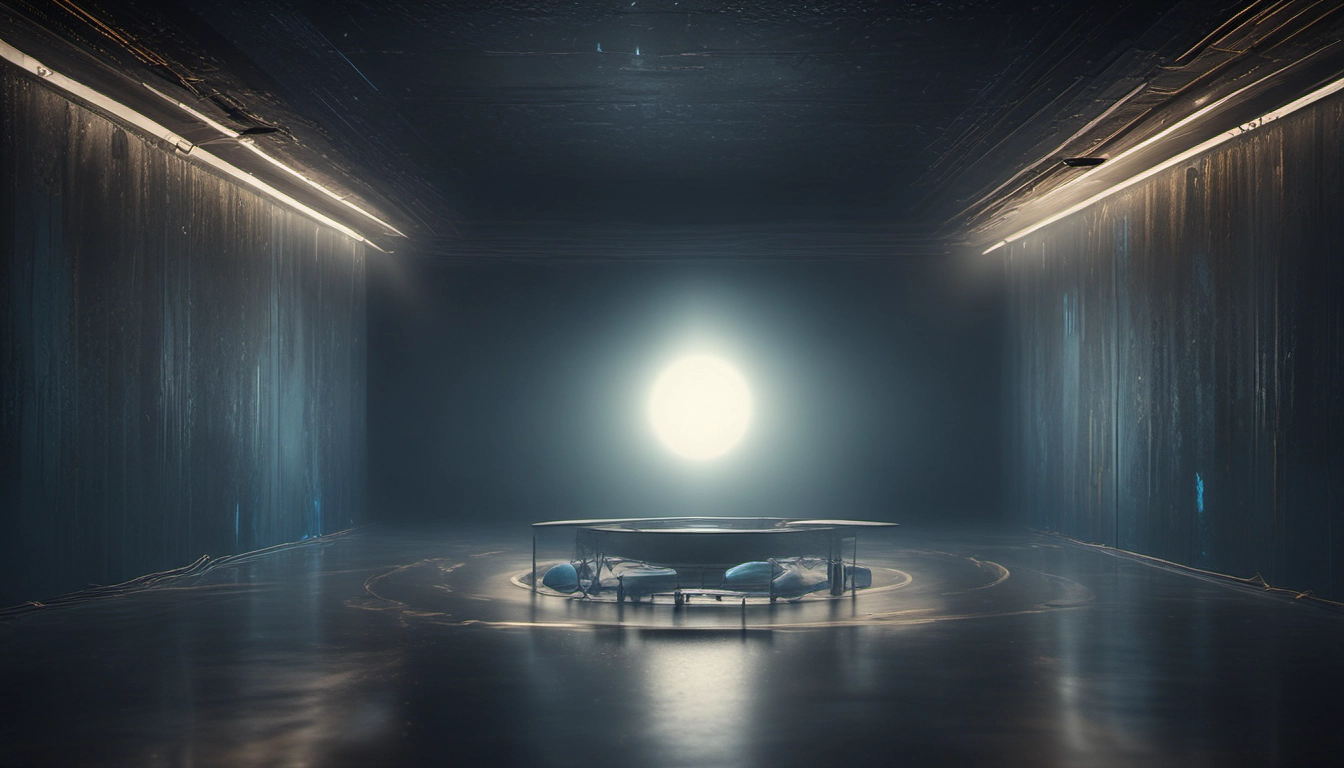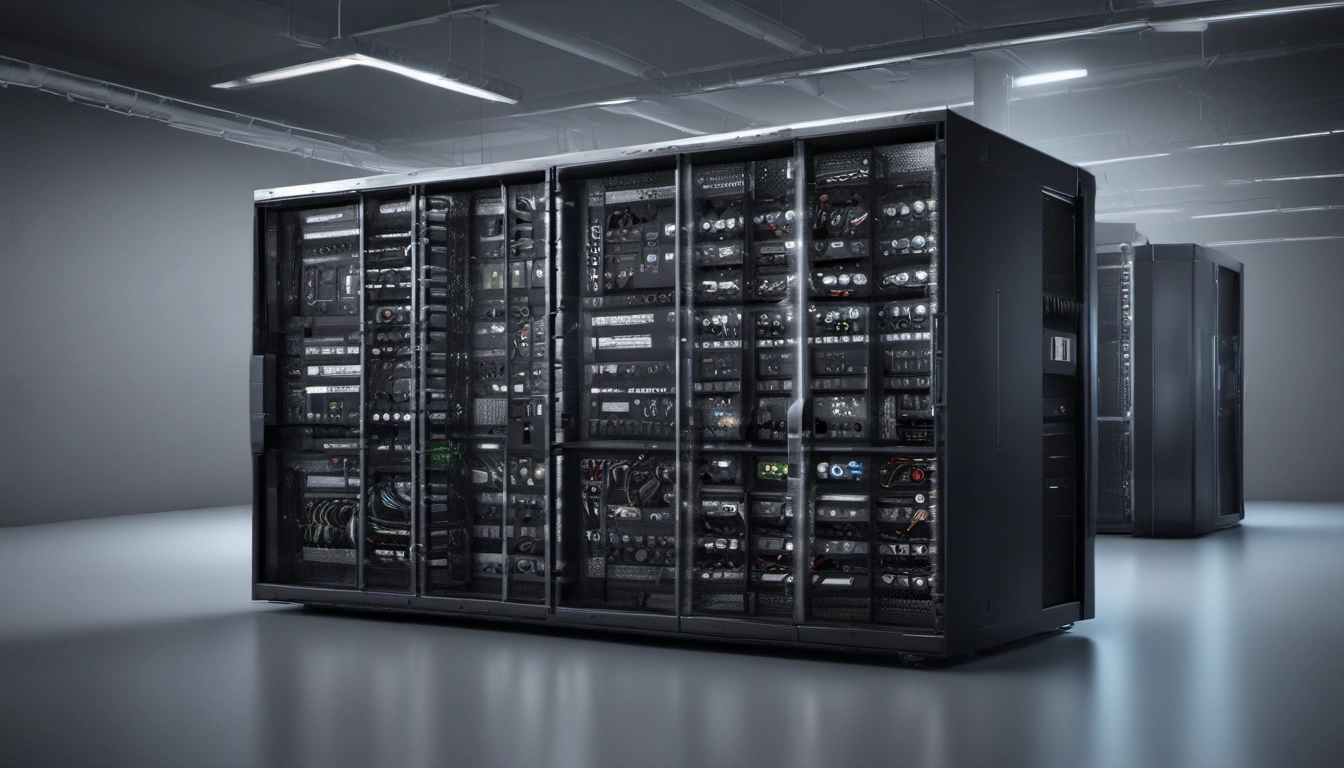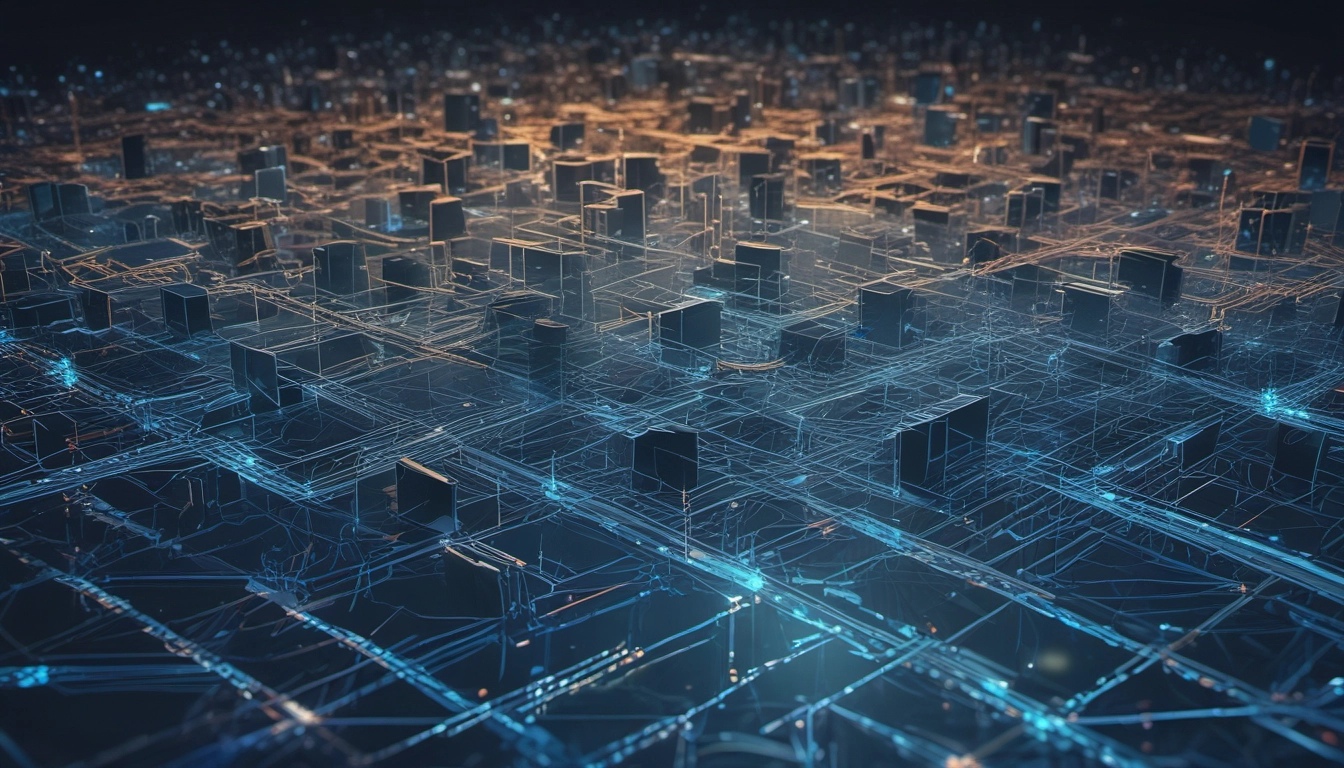Peter Thiel's Antichrist Theory Explained
A clear, short explainer of Peter Thiel's Antichrist theory: what he means, key sources, and why it matters for AI regulation.

Quick answer
Peter Thiel's "Antichrist" theory says a future leader or system could use fear of disaster to push big rules that kill tech progress. That leader would promise "peace and safety" while centralizing power. Thiel links this idea to modern debates over AI regulation and other controls.
TL;DR
- Thiel warns that fear of existential risk can make people accept tight controls on technology.
- He calls the resulting power grab an Antichrist-style outcome: a global, peace-promising authority that stalls progress.
- He ties the idea to AI safety debates and past talks and essays (see reports of his talks and a Wall Street Journal summary).
What exactly is Thiel saying?
Thiel borrows a religious idea — the Antichrist from Christian prophecy — and applies it to politics and tech. He says the Antichrist could be an individual or a system that gains power by scaring people about global threats like AI, nuclear war, or engineered bioweapons. The authority then promises safety but slows or blocks scientific and technological progress.
This summary of his view appears across interviews and talks. For example, accounts of a recent lecture series describe him arguing that the Antichrist would push regulation in the name of safety and use fear of Armageddon to centralize control (San Francisco Standard, The Verge).
Key concepts defined
- Eschatology: The study of end-times ideas in religion. Thiel uses this to frame modern risks.
- Antichrist: In simple terms, a figure who promises safety while leading people away from freedom. Thiel uses the word as a political metaphor.
- AI safety: Efforts to make AI systems safe. Thiel worries that extreme rules meant to guard against AI risks could be misused.
- One-world government: A phrase Thiel invokes to describe a single, global authority that could control science and tech.
How Thiel's argument works, step by step
- Existential risk grows visible. People worry more about threats like AI, climate disasters, or bioweapons.
- Calls for regulation rise. Leaders and experts argue for strict rules to prevent disaster.
- Centralized power gains support. Thiel says the promise of safety makes people accept stronger global rules and institutions.
- Progress slows. New rules and limits stop some research and startups from moving forward.
- Authority consolidates. That central power could act like the Antichrist: offering peace while restricting freedom and innovation.
Thiel's sources and background
Thiel mixes religious texts, old writings, and tech concerns. He has cited writers like Vladimir Solovyov and modern reflections on prophecy in talks available through outlets such as the Hoover Institution. Reporters trace the idea through his recent public series and interviews (WSJ, New York Times, Bloomberg Opinion).
Timeline of his public comments
- Past years: Thiel has spoken about apocalypse themes in interviews and essays (see Hoover).
- Oxford and other talks: He tested the idea in university talks and long-form interviews.
- Recent 2025 talks: A series in San Francisco drew press coverage summarizing his Antichrist argument (San Francisco Standard, The Times).
Thiel's view on AI regulation, in plain words
Thiel thinks heavy rules on AI could backfire. He says strict rules may freeze useful research, hand power to big institutions, and create a path for a single authority to control tech. In his telling, the Antichrist uses safety talk to gain that power. The idea shows up in coverage of his speeches where he links regulation to the risk of a "one-world" regulator (The Verge, WSJ).
Table: Thiel's Antichrist Thesis, at a glance
| Claim | What it means |
|---|---|
| Fear of Armageddon | Large public worry about catastrophic risks like AI or nuclear war |
| Regulation as a cure | People accept laws or limits to reduce risks |
| Power centralizes | Rules favor big institutions that can enforce them |
| Progress stalls | Innovation slows and small actors lose influence |
| Antichrist outcome | A single authority promises safety but reduces freedom and growth |
What critics say
- Some reporters and experts call the theory speculative and alarmist. They point out it mixes religious metaphor and tech policy and can distract from real solutions (The Verge, San Francisco Standard).
- Others worry Thiel is using the idea to push anti-regulation views that benefit firms he backs, including defense or data companies noted in coverage (The Times).
- Many call for balanced AI safety work: rules that protect people while still letting researchers and startups build tools.
Why this matters for policy and investment
Thiel is an investor with influence. His views can nudge debates about AI safety, regulation, and funding. If people push too hard against all rules, unsafe tech may spread.
If people push too hard for one global rule, innovation may freeze. That makes Thiel's framing important. It shapes how some people argue about trade-offs between safety and progress (Bloomberg, WSJ).
Short FAQ
Is Thiel saying a real person will be the Antichrist?
No. He uses the term as a metaphor for a force or leader that gains power by promising safety.
Does this change AI rules today?
Not directly. But his words can influence public opinion and people who fund or oppose certain rules.
Where can I read more?
- Reports on his recent lectures: San Francisco Standard.
- Deep takes and summaries: WSJ, The Verge, Bloomberg Opinion.
Takeaway
Thiel asks a simple question: who will get power when we fear the world could end? He warns that rules made in panic could hand too much control to a few. Whether you agree or not, the idea matters because it affects how people talk about AI safety and who makes the rules. Read the linked coverage to see the source talks and decide for yourself.


